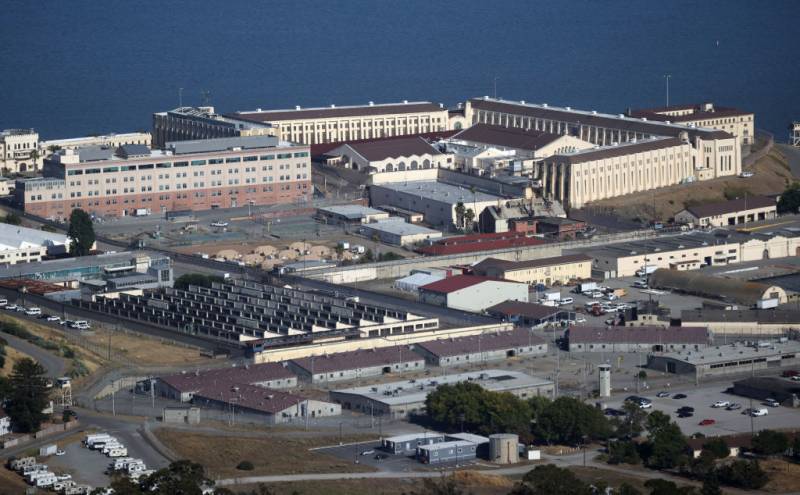Roughly 8,000 people incarcerated in state prisons in California could be eligible for early release by the end of August, the California Department of Corrections and Rehabilitation announced Friday.
The decision comes amid a devastating COVID-19 outbreak at San Quentin State Prison and other facilities. Gov. Gavin Newsom and prison officials have faced mounting pressure from advocates, lawmakers and federal judges to slow the spread of the virus by quickly downsizing the state's immense prison population to better enable physical distancing and quarantine efforts.
The proposed reduction would be in addition to the 10,000 incarcerated people who have already been released from California prisons since the start of the pandemic, CDCR said.

